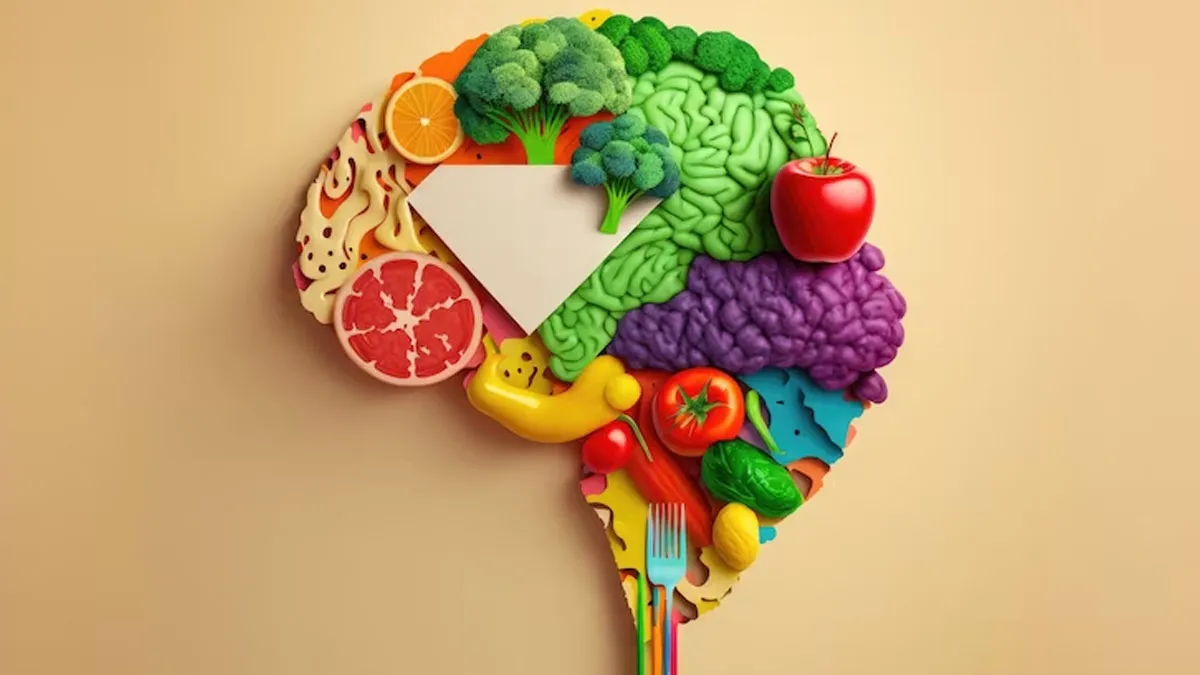
Every year on February 27, the world celebrates World Protein Day, a reminder of the crucial role protein plays in our overall health. Whether you’re aiming for peak fitness, maintaining muscle mass, or ensuring overall well-being, getting the right amount of protein is essential—especially in your 30s, when metabolic and muscular changes start to take shape. But how much protein do you really need? And what’s the best way to get it? Let’s break it down.
Table of Content:-
Why Protein Matters in Your 30s
As you step into your 30s, your body begins to undergo subtle yet significant changes. Muscle protein synthesis starts to decline, making it more important to consume adequate protein to prevent muscle loss. Additionally, your metabolism may begin to slow down, making proper nutrition even more critical for maintaining a healthy weight and energy levels. Protein is essential for:
Muscle Maintenance: Helps prevent age-related muscle loss (sarcopenia).
Metabolic Health: Supports a steady metabolism and prevents weight gain.
Hormonal Balance: Plays a role in the production of essential hormones.
Immune Function: Aids in cell repair and boosts immunity.

Also Read: Understanding Lisping: Why It Happens And How To Correct It
How Much Protein Do You Really Need?
The Recommended Dietary Allowance (RDA) for protein is about 0.8 grams per kilogram of body weight. However, for those in their 30s who are active or looking to maintain lean muscle, experts suggest aiming for 1.2 to 2.0 grams per kilogram of body weight. According to Dr Shrey Kumar Srivastav, Senior Consultant, Sharda Hospital - Noida, here is how you can determine:
Sedentary Individuals: 0.8–1.0 g/kg
Active Individuals: 1.2–1.5 g/kg
Athletes & Strength Trainers: 1.6–2.0 g/kg
For example, if you weigh 70 kg (154 lbs) and engage in regular exercise, you should aim for 84–140 grams of protein daily.

Best Sources of Protein
Not all proteins are created equal. To optimise your protein intake, focus on high-quality sources:
Animal-Based Protein:
- Lean meats (chicken, turkey, lean beef)
- Fish (salmon, tuna, cod)
- Eggs
- Dairy (Greek yoghurt, cottage cheese, milk)
Plant-Based Protein:
- Lentils and beans
- Quinoa
- Tofu and tempeh
- Nuts and seeds
- Chia and hemp seeds
Also Read: 5 Health Conditions In Which You Should Not Workout
Timing Matters: When to Eat Protein
Spreading your protein intake throughout the day ensures better absorption and muscle synthesis. Here’s a simple guide:
Breakfast: Scrambled eggs with whole-grain toast or a smoothie with Greek yogurt.
Lunch: Grilled chicken or tofu with quinoa and veggies.
Snack: A handful of almonds or a protein bar.
Dinner: Baked salmon with roasted sweet potatoes.
Post-Workout: A protein shake or cottage cheese with fruit.
Common Myths About Protein
1. More Protein Means Bigger Muscles – Simply eating more protein won’t build muscle; strength training is necessary.
2. Too Much Protein Damages Kidneys – Unless you have pre-existing kidney disease, high-protein diets are generally safe.
3. Plant Protein Is Inferior – A well-planned plant-based diet can provide all essential amino acids.
Bottomline
In your 30s, optimising protein intake is key to maintaining muscle, supporting metabolism, and promoting long-term health. By choosing high-quality protein sources and distributing intake throughout the day, you can ensure your body gets the nutrients it needs to thrive.
Also watch this video
How we keep this article up to date:
We work with experts and keep a close eye on the latest in health and wellness. Whenever there is a new research or helpful information, we update our articles with accurate and useful advice.
Current Version